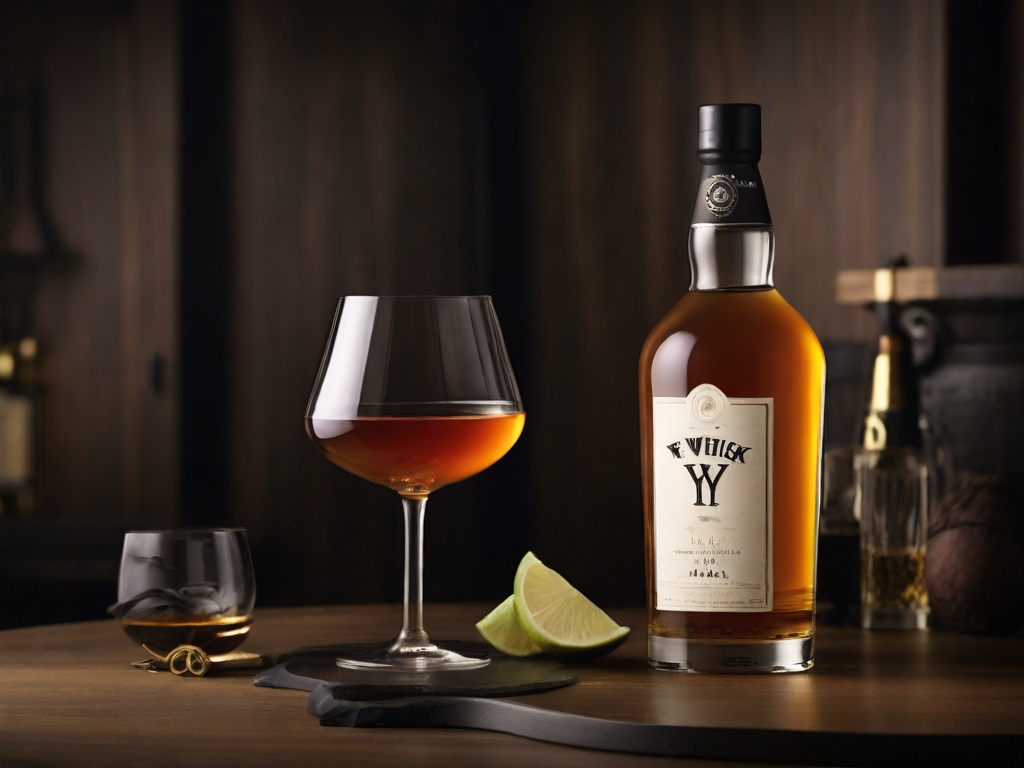
Unveiling the World of Whisk(e)y: A Journey Beyond the Bottle
Embark on a captivating journey into the world of whisk(e)y. Discover the rich variety of flavors, the intriguing debate over its spelling, and why your favorite bottle might not be the only one for you.
The world of whisk(e)y is as vast and varied as the universe itself. Just as there’s a high probability of life existing somewhere out there in the cosmos, the odds that the whisk(e)y you already love is the only one for you are zero. In fact, there’s a significant likelihood that there are a few whisk(e)ys out there that you’ll like even more, you just haven’t found them yet.
This article encourages you to branch out and sample more of the incredible variety of flavors that are being crafted by distillers around the world. Even if you decide you already know what you like, you’d be well-served by exploring other labels within your preferred type. Thanks to the exploding popularity of whisk(e)y, your favorite bottle may shoot up in price, or potentially even become difficult to find where you live.
You can start by trying out other offerings from the same distiller as your favorite bottle, then other well-reviewed bottles of the same type with that same flavor profile, and then other bottles from within that same type or even just the same region. Or, ideally, branch out even more to discover there are hundreds of truly great whisk(e)ys out there of various types worth sampling to find your favorite for any particular mood or occasion.
One thing we’d like to discourage is getting stuck in a whisk(e)y rut. The world of whisk(e)y is vast and varied, and there’s always something new to discover. So, why limit yourself to just one bottle?
Now, let’s address the elephant in the room - the spelling of our favorite beverage. Is it whisk(e)y or whisky? The truth is: It’s both. Whisk(e)y was created back when most people were functionally illiterate, so they didn’t care much for how things were supposed to be spelled. Eventually, different areas standardized their spelling: The Scottish and English spelled it whisky (and even enshrined it into Scottish law), so the English colonies (mostly) followed suit: Canada, India, South Africa, Australia, etc. (plus Japan, because they brought whisky-making knowledge from Scotland). Ireland and the fledgling United States, well, didn’t have a lot of reasons back then to love the British, and wanted to stand out as better quality, so they went with their own spelling of whiskey…for the most part. There are, as with everything, exceptions in the U.S., notably Maker’s Mark and George Dickel, who both spell their product “whisky”-as does, weirdly, the Bureau of Alcohol, Tobacco and Firearms (ATF).
In this article, we will attempt to adhere to the standards of the country we’re talking about (and if speaking generally will use the common American spelling), unless talking about a specific distiller who chooses to spell it differently. If we mess up sometimes, we blame the whisk(e)y.
So, whether you’re a seasoned whisk(e)y connoisseur or a curious novice, there’s always something new to discover in the world of whisk(e)y. So, pour yourself a dram and join us on this fascinating journey beyond the bottle.
The Art of Aging Whiskey: A Journey from Barrel to Bottle
Disclaimer: The information provided on MaltMarvels.com is intended for educational and entertainment purposes only. We strive to provide accurate and up-to-date content, but we cannot guarantee the accuracy, completeness, or reliability of the information presented. Our reviews and opinions are based on personal experiences and preferences, and individual tastes may vary. We encourage responsible drinking and remind our readers to always consume alcoholic beverages in moderation. MaltMarvels.com is not liable for any consequences resulting from the use of information obtained from this website. Please drink responsibly and legally according to your country's laws.
Leave a comment